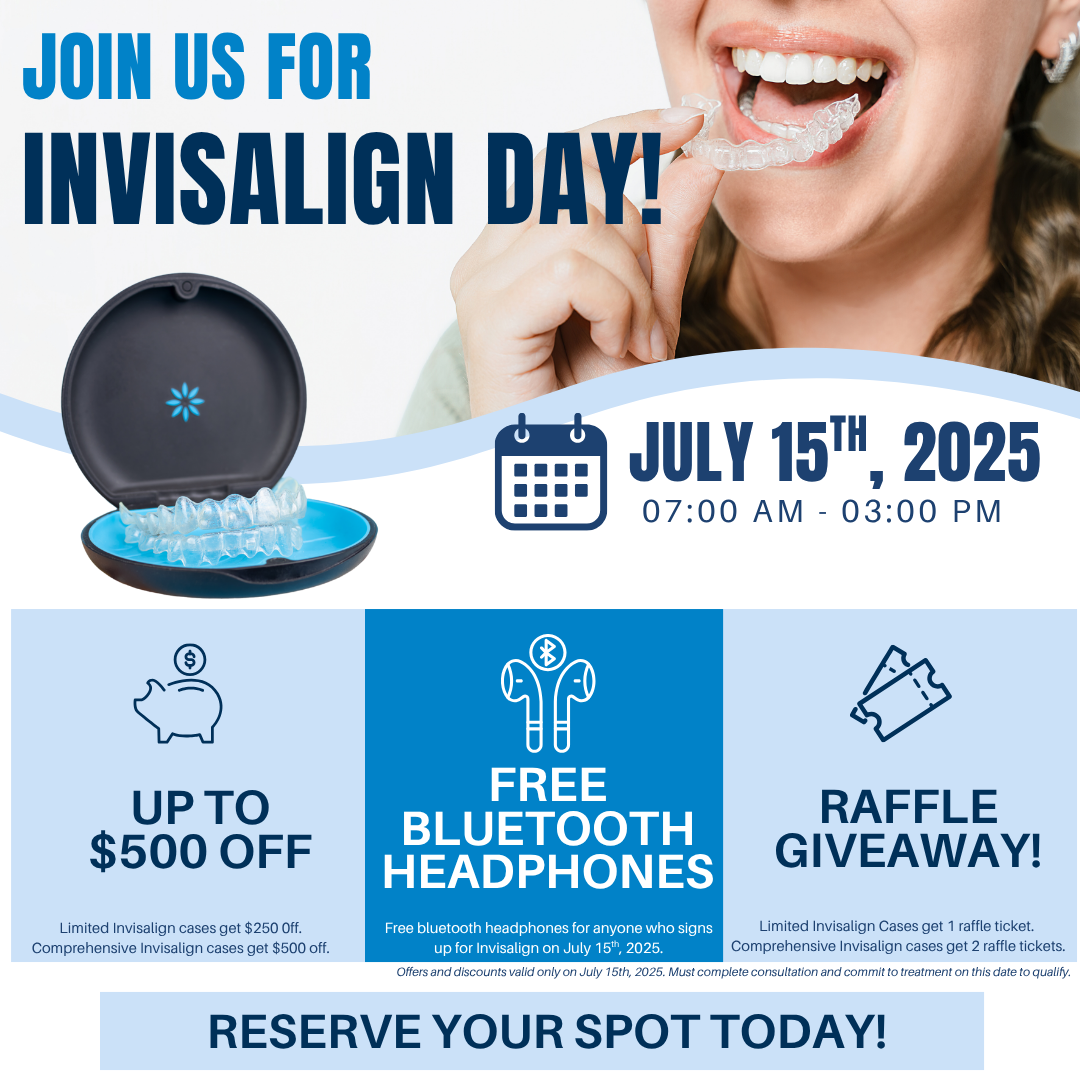Four Ways To Prevent Cavities
Dental caries, aka cavities or tooth decay, is considered the most common chronic disease in adults and children. Statistics show that 92% of adults aged 20-64 have had a cavity in one or more of their permanent teeth(1).
With this being such a common issue, what are some ways we can reduce our risk for getting cavities? Below are four things you can do to help prevent cavities.


1. Floss!
As a dentist, this is a very common issue. Some patients that don’t floss, get what I call “Flossing Cavities” that we see show up on their radiographs. Flossing is not only good for helping to prevent cavities, but also very important for the health of the gums. So make sure to pull out the floss every night after your brush! Once a day is fine, preferably before bed after you have brushed.
2. Cut Down on Sugar & Soda
Not only will this benefit your general health, it will greatly help out in preventing cavities. The bacteria that cause cavities feed off sugar which creates an environment where they can thrive and cause dental decay. Sodas create an acidic environment in the mouth which makes it easier to erode the enamel (outer, stronger layer of the tooth) and form a cavity.
3. Get Enough Fluoride
The benefits of fluoride for your teeth have been proven for years and years. Fluoride is important for both children and adults as it helps to make stronger enamel.
Most common sources for it are:
- Water (be careful if you have a well, as it is likely not fluoridated and fluoride will need to be added to the water)
- Toothpaste (make sure has fluoride in it)
- At your dental visits- we recommend fluoride varnish to our children and adult patients to help strengthen enamel and prevent cavities.
4. See Your Dentist Twice A Year
I know this is going to sound self-serving coming from a dentist but I have seen patients over the years that have lapsed on coming in to have an exam and cleaning and they have dental issues that are more serious because they were left untreated. If we can catch cavities early, then we can treat them with less expensive and less extensive dental work. But if they get bad enough, the cavity can reach the nerve of the tooth causing the tooth to need a root canal in some cases. Or worst case scenario, the cavity gets so large that we can no longer save the tooth and it has to be extracted.

Share This Story
1 - From National Health and Nutrition Examination Survey done over 1999-2004

